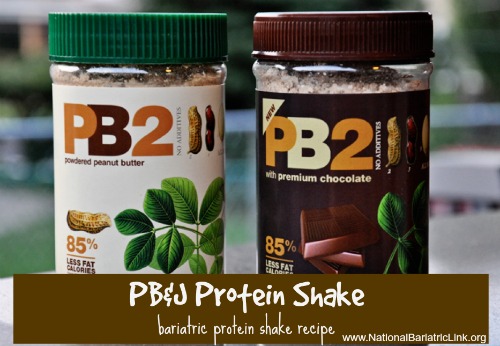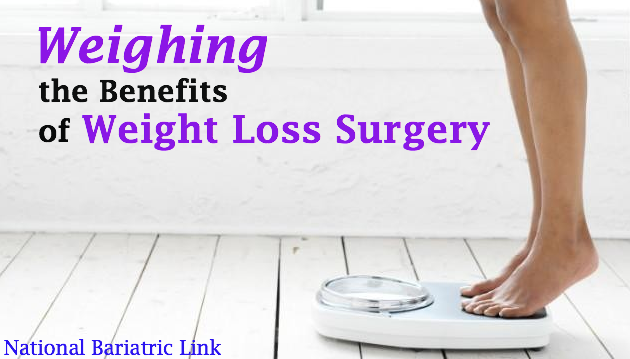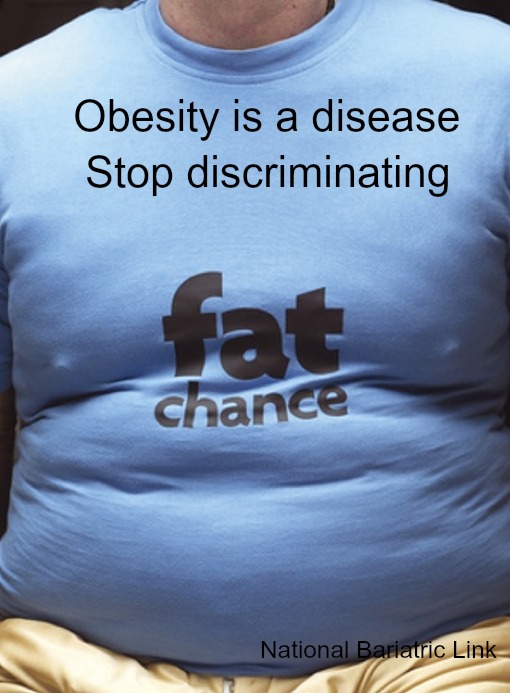People are enjoying fabulous results and singing the praises of Bariatric surgery, more commonly known as weight loss surgery, but what are the possible risks? While manageable, there are some big changes required after weight loss surgery to prevent some of these common side effects.
Health Concerns after Bariatric Surgery
By keeping regular appointments with your doctor and following an approved Bariatric diet – including the required vitamins and supplements, you will likely never experience these side effects.
#1 – Dehydration
Dehydration is a serious issue that can be completely avoided. You should consume 64 ounces of water each day to maximize your weight loss results, and to help prevent nausea and vomiting. Failure to consume the correct amount of fluids could result in a return trip to the hospital after surgery for IV fluids as well as vitamins.
#2 – Dental Issues
Bariatric patients who ignore their body’s needs for additional vitamins and minerals could find themselves dealing with sore gums and unhealthy teeth after weight loss surgery. Consuming foods too quickly, failing to take smaller bites, and forgetting to chew food thoroughly can lead to vomiting which can also lead to dental health problems, as the teeth come in frequent contact with potentially damaging stomach acids.
#3 – Dumping Syndrome
Dumping Syndrome is likely the first side effect you will be warned about after weight loss surgery, bringing about symptoms of nausea, weakness, heart palpitation, dizziness fatigue and other side effects. You can completely avoid Dumping Syndrome by following your Bariatric surgeon’s instructions and making good food selections. (Read more about Dumping Syndrome here.)
#4 – Dysphagia
Dysphagia, or difficulty swallowing, is a common side effect after weight loss surgery for those who fail to eat the correct food selections, or who fail to chew their food thoroughly before swallowing. Eating too quickly is the number one reason most Bariatric patients experience Dysphagia.
#5 – Dyspepsia
Dyspepsia, also known as indigestion, is another side effect of weight loss surgery which can be completely avoided with a conscious effort to eat healthy doctor-approved food choices. While patients with Dyspepsia will likely experience burning or discomfort in the upper abdomen, treatment is quite simple.
The most common methods of relief from Dyspepsia include:
- Abstaining from alcohol
- Avoiding aspirin and certain drugs
- Saying no to greasy foods
- Limiting liquids at certain times of the day
- Making other positive diet changes
If these methods are not successful in alleviating indigestion, your Bariatric surgeon may prescribe an antacid or H2 blocker to help.
#6 – Intolerances
The foods and beverages you enjoyed before may no longer be your friend. Life after Bariatric surgery is different, and so must your food choices change too. The same can be said about over the counter drugs such as Aleve, Motrin, Advil and the like, as these can potentially harm your stomach pouch or cause ulcers. You will be forced to re-learn everything about your body’s digestive system, especially intolerances.
#7 – Kidney and Gallstones
Kidney stones can sometimes develop when people are not consuming the desired amount of fluids, which makes this side effect completely avoidable. Gallstones can sometimes occur when a person experiences rapid weight loss after Bariatric surgery, but there are methods to manage this side effect, the most extreme measure being surgical removal of the gallbladder.
#8 – Hair Loss
While hair loss is only temporary, some patients will experience this side effect in the early days post Bariatric surgery. Additionally, weight loss seekers can avoid this side effect by following a healthy post-op diet and taking the desired vitamins and supplements. Your doctor or nutritionist will help choose the right nutritional products for Bariatric patients.
#9 – Alcohol Consumption
Alcohol after weight loss surgery is an absolute no-no for several reasons. Opting for any Bariatric procedure is a step toward abstinence from alcoholic beverages. Simply put, alcohol is just another type of sugar to be avoided when trying to lose weight, and its consumption can lead to Dumping Syndrome.
#10 – Liquid Consumption
After surgery, you will likely not be able to drink beverages before, during or after meals. Your nutritionist or surgeon will advise not to drink anything thirty minutes before or after you’ve eaten. Of course, you should avoid soda and other high calorie beverages, and consume plenty of water instead.
Good Health vs. Bariatric Side Effects
It is important to remember that your weight loss journey is a life-saving journey. Keep in mind that many of these side effects are not nearly as dangerous as ignoring your current problems: obesity, hypertension, Diabetes, etc.
Remember, obesity is a silent killer. Speak with your doctor about the pros and cons of weight loss surgery and your overall health by contacting us today.
About Christine Stewart

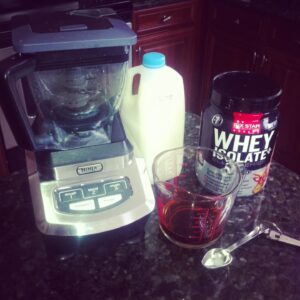
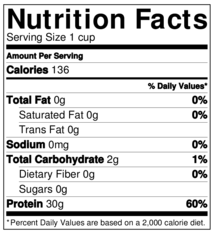
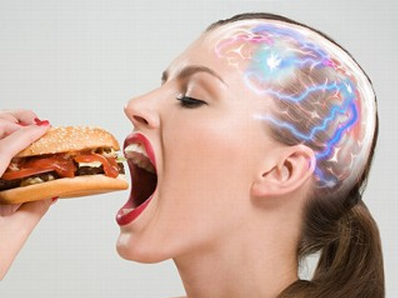 When people consume highly palatable foods, most specifically those high in sugar, excess fat, and salt, their brains can develop a physical craving for these foods. If not careful, progressively consuming these types of food can distort their cognitive abilities which can then lead to unfavorable consequences they can no longer control due to the food addiction.
When people consume highly palatable foods, most specifically those high in sugar, excess fat, and salt, their brains can develop a physical craving for these foods. If not careful, progressively consuming these types of food can distort their cognitive abilities which can then lead to unfavorable consequences they can no longer control due to the food addiction.
